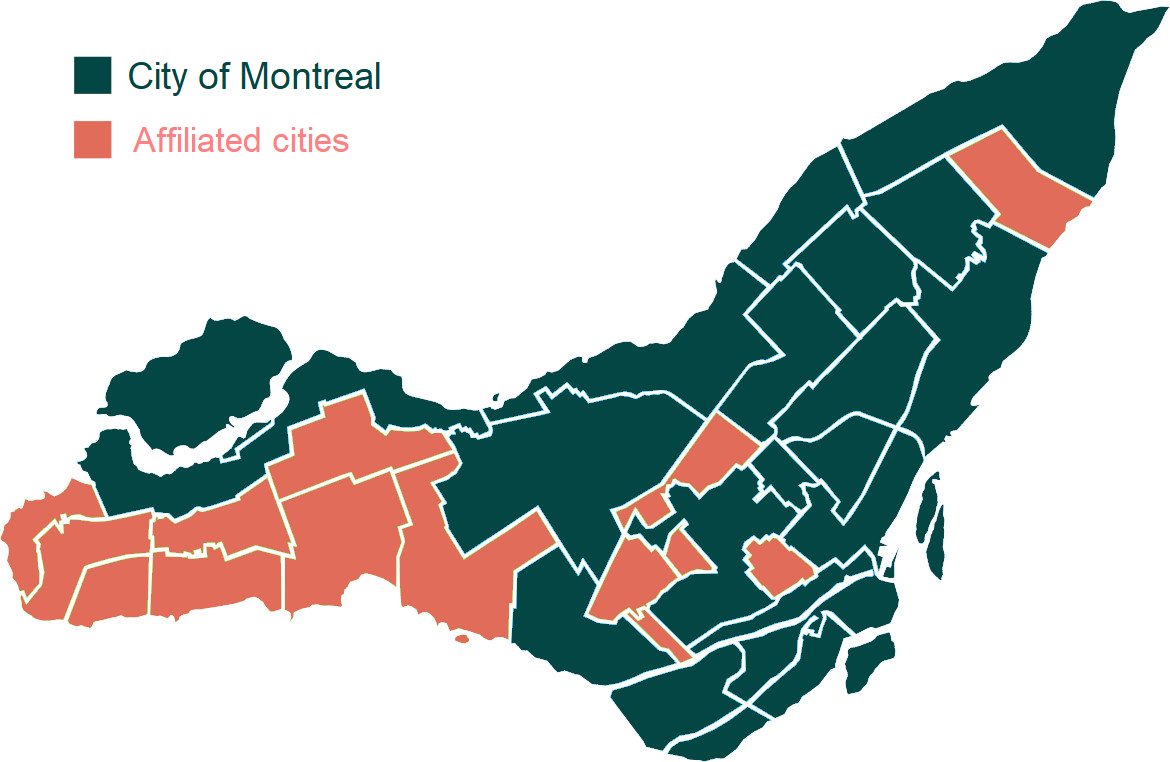Montreal Women’s Right to Housing: We’re Working on It, Are You?
About our approach
The right to housing is a major concern for Table des groupes de femmes de Montréal (TGFM) members. Housing is one of the foremost reasons why single mothers, women living with a disability, immigrant women and women of colour contact Montreal community organizations (Celis, TGFM, et COSSL 2020). In response, we published an initial report on the topic in 2019 (TGFM 2019). This report covered many of the issues and dynamics that influence housing conditions in the Montreal/(Tiohtiá:ke) region, particularly sexual assault taking place in the home, homelessness and needs and challenges linked to social and community housing. It also considered political changes and opportunities to improve housing conditions for women in Montreal.
Two years later, a global pandemic has highlighted and accentuated inequality between women and men and among women. It was time for an update. This report intends to understand the pandemic's impacts on housing conditions for women in Montreal and on organizations that support women in need. This analysis allows us to target our demands for change to organizations and to local, regional, provincial and federal bodies to ensure they can better meet women's needs in all their diversity.
Methodology
From January to March 2021, 53 women's groups and mixed-gender organizations completed an online questionnaire on housing issues, the needs of women in Montreal, and the challenges organizations face in supporting women or providing them with housing or shelter.
In the fall of 2020, we organized three focus groups bringing together 18 participants from 14 different groups. Participants discussed connections between the pandemic, violence experienced by women, the housing crisis and homelessness. Four groups were consulted individually and shared their questions and concerns regarding certain types of intervention and populations.
Lastly, we reviewed news articles, reports, studies and publications from universities, community organizations and public institutions. We delved into statistical data and information from other organizations regarding the housing situation on the Island of Montreal. Whenever possible, data refer to the island (agglomeration) of Tiohtià:ke, composed of the City of Montreal and 15 affiliated cities. Statistics that refer to a different geographical area are identified in the report.

La TGFM et its membership operate in an unceded Indigenous territory. Tiohtià:ke is the traditional name for the island of Montreal. The Kanien’kehá:ka nation is recognized as the guardian of the island and the waters surrounding it, which has historically been a gathering place for many First Nations. Today, a diverse Indigenous population lives there alongside other peoples
List of acronyms
CHSLD : Centre d’hébergement de soins de longue durée (long-term care centre)
CMM : Communauté métropolitaine de Montréal
CEAF : Centre d’éducation et d’action des femmes
DPJ : Direction de la protection de la jeunesse (youth protection services)
FHCQ — FECHIMM : Fédération des coopératives d’habitation intermunicipale du Montréal métropolitain
FOHM : Fédération des OSBL d’habitation de Montréal
FRAPRU : Front d’action populaire en réaménagement urbain
GRT : Groupe de ressources techniques
HLM : Habitations à loyer modique (low-income housing)
ICRL : Initiative pour la création rapide de logements
LGBTQ2IA+: Lesbian, Gay, Bisexual, Trans (transexual and transgender), Queer, Questioning, Pansexual, 2-Spirit, Intersex, Asexual, Androgynous and all other identities that are not taken into account within a cisgendered and heteronormative context
OMHM : Office municipal d’habitation de Montréal
NPO : Non-profit organization
PAD : Programme d’adaptation de domicile
PAL : Programme Allocation-logement
RSP : Rent Supplement Program
RAPSIM : Réseau d’aide aux personnes seules et itinérantes de Montréal
RCLALQ : Regroupement des comités logement et association des locataires du Québec
STM : Société de transport de Montréal (Montreal public transportation network)
TAL : Tribunal administratif du logement (Quebec housing board)
TGFM : Table des groupes de femmes de Montréal
Références
Celis, Leila, TGFM, et COSSL. 2020. « Groupes communautaires et femmes en situation de pauvreté à Montréal: besoins, pratiques et enjeux intersectionnels ». https://www.tgfm.org/nos-publications/66.
TGFM. 2019. « État des lieux des enjeux de logement vécus par les Montréalaises ». Montréal: Table des groupes de femmes de Montréal. https://www.tgfm.org/fr/nos-publications/17.